When you will buy the next Xbox console, it will be more like a PC
The lines between gaming consoles and PCs are blurring
4 min. read
Published on
Read our disclosure page to find out how can you help Windows Report sustain the editorial team. Read more
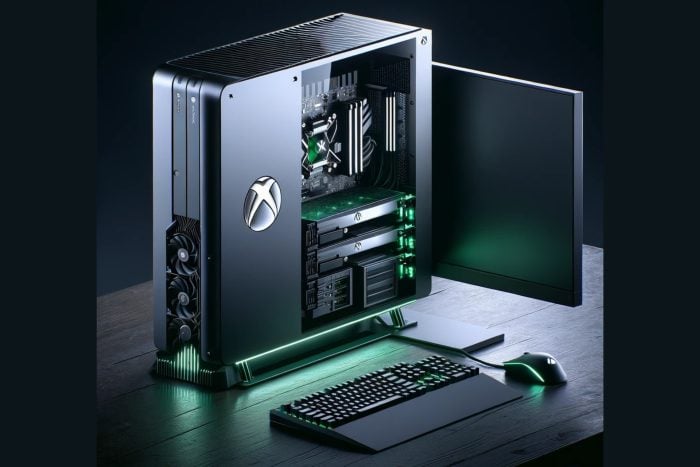
The featured image was generated using DALL-E and it’s not an actual image of an Xbox console
If you’re old enough, like me, to remember the arcade games from pubs, recreation centers, and basically every street corner, you also know that the game consoles were created to transport all that fun into our homes. Back then, the PC was just a big calculator connected to a screen, and no one thought that it could actually be used for games.
The hype of the gaming consoles continued a long time because it was a lot more convenient to start up your games without needing to boot up an OS and deal with other resource-hungry software that compete with what we actually want to do: play!
The gaming market monopolies are at an end
In modern days, gaming consoles were kept alive only by game exclusivities and developer-distributors monopoly and that story is about to be played out as well. Sony is starting to release more and more versions of their games from PS to PC, while Microsoft, with they Xbox on every screen policy is obviously bringing all that Blizzard-Activision goodness on Windows as well.
In the meantime, the Redmont giants is opening up their app stores to all developers and platforms, and bring all the Xbox games to PlayStation, disrupting monopoly across the board.
In fact, Phil Spencer, the visionary behind Xbox, says in an interview for Polygon that everyone should be free to buy their games from their preferred store:
Yes, [Consider] our history as the Windows company. Nobody would blink twice if I said, ‘Hey, when you’re using a PC, you get to decide the type of experience you have [by picking where to buy games]. There’s real value in that.
However, he went further with that idea pointing out that this vision should also apply to gaming consoles.
Then, there is the hardware problem. When you’re buying a console, you can’t upgrade it like a PC. The fear of console modding and other hardware restrictions has limited the potential for console manufacturers and even the developers. The PC components market is moving a lot faster and the upgradeability of the systems gives them the high ground.
The implications of Spencer’s plan are vast and could lead to more possible outcomes. For one, it could lead to a more competitive marketplace within consoles, driving down prices and offering more choices to consumers. It also represents a significant shift in how console makers generate revenue, potentially moving away from the reliance on exclusive titles to a more diversified income stream. But perhaps the most exciting aspect of Spencer’s vision is the potential for innovation it unlocks. By breaking down barriers between platforms, developers could reach wider audiences, and gamers could enjoy a richer tapestry of gaming experiences.
What does this mean for the future of Xbox?
If Spencer’s vision comes to fruition, the Xbox of tomorrow could be shaped up more like a PC, blending the best of both worlds: the convenience and user experience of a console with the openness and versatility of a PC. This isn’t just about playing PC games on Xbox; it’s about reimagining what a console can be. It’s a bold move that could redefine the gaming landscape, making Xbox a central hub for gaming across platforms.
The journey towards this future is filled with technical and regulatory challenges, but Spencer seems confident that he can make it happen.
The bottom line is that for you and I, the consumers, but also the developers, it’s a future that promises more freedom, more choice, and more possibilities. It’s clear that the lines between consoles and PCs are blurring, and Xbox might be leading the change.
What is Sony or Nintendo going to do about that? Adapt, diversify, but make it quick, because things are quickly about to change.
Will you buy that new console if it’s just like a desktop PC? Let’s discuss that in the comments below.
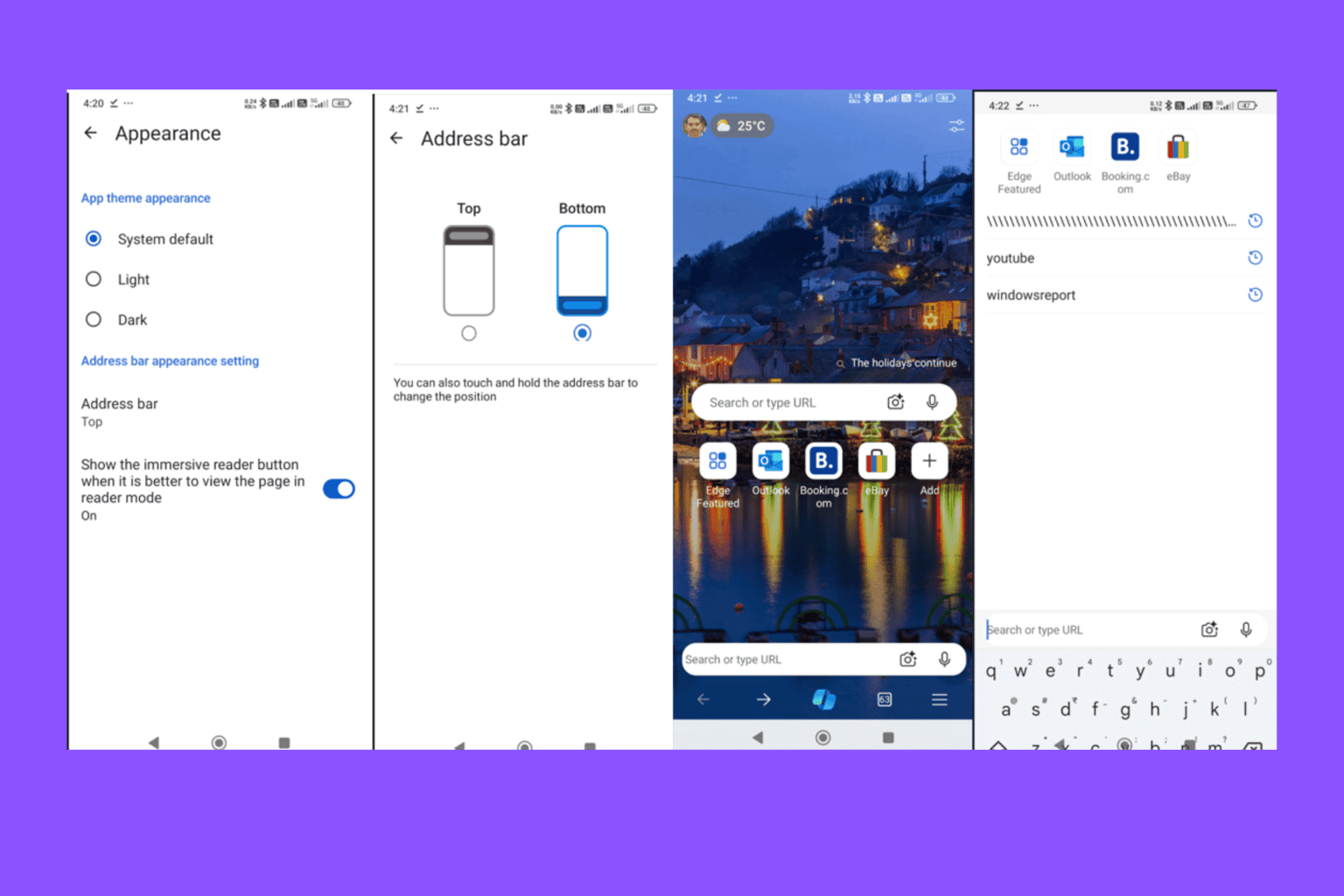
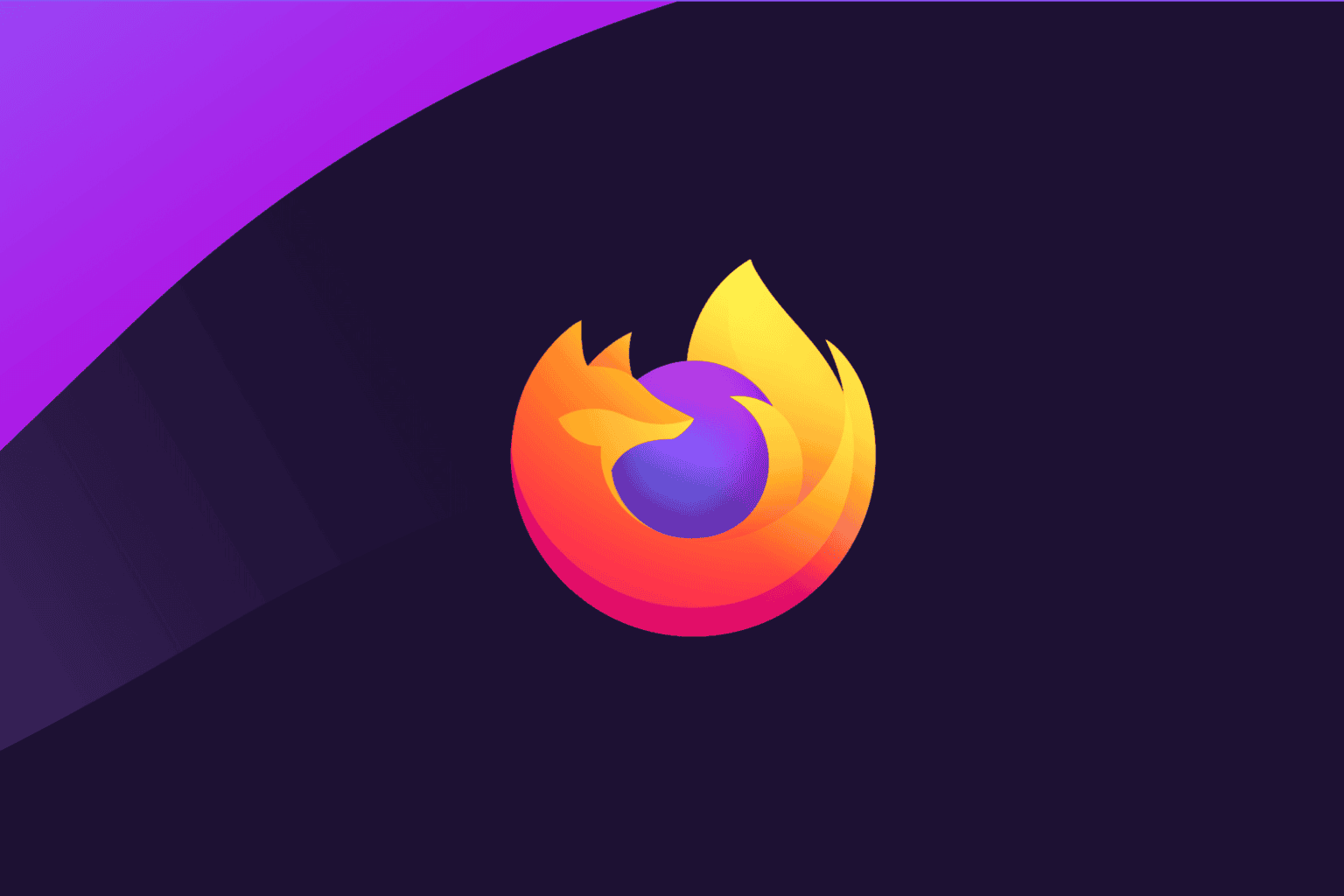
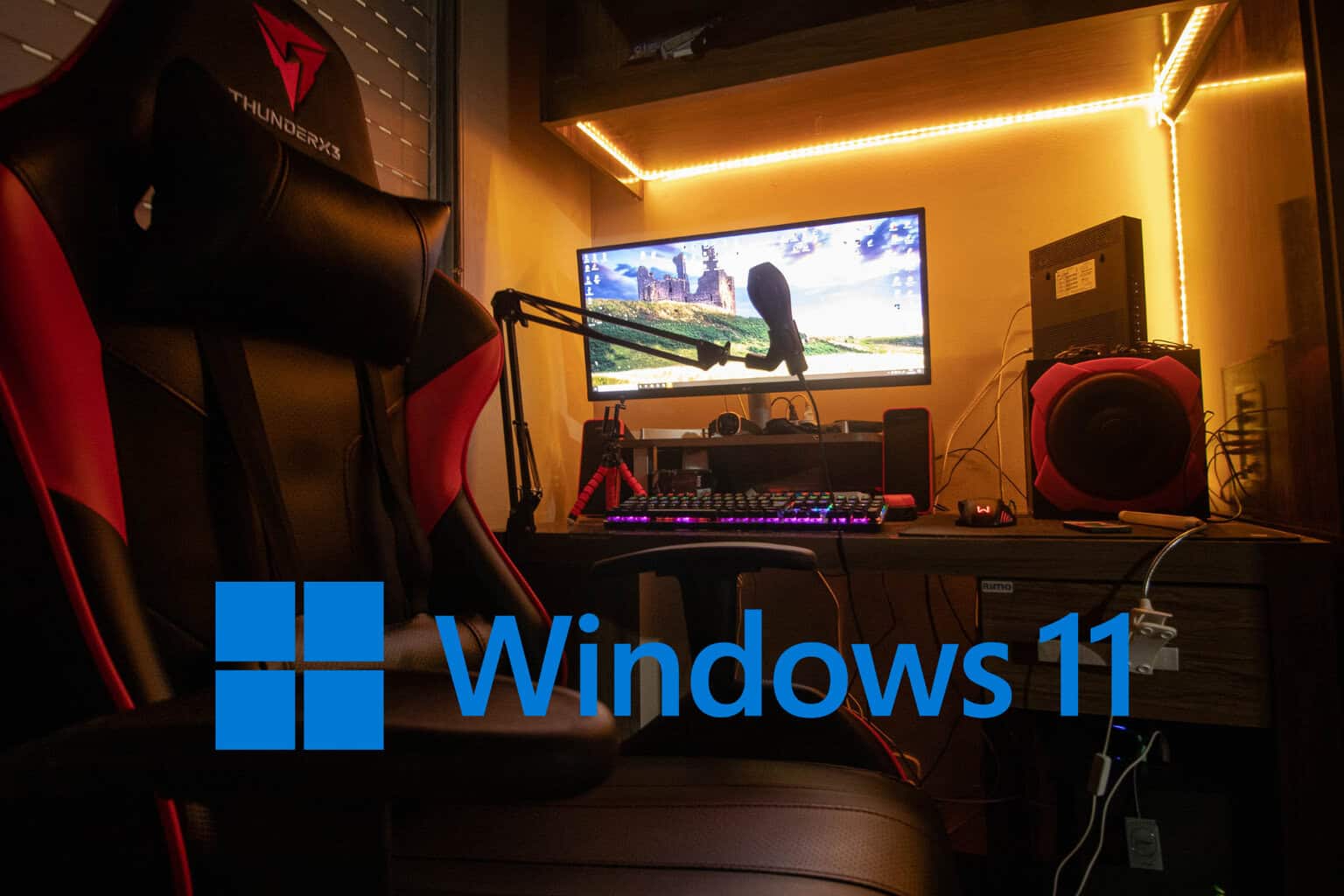
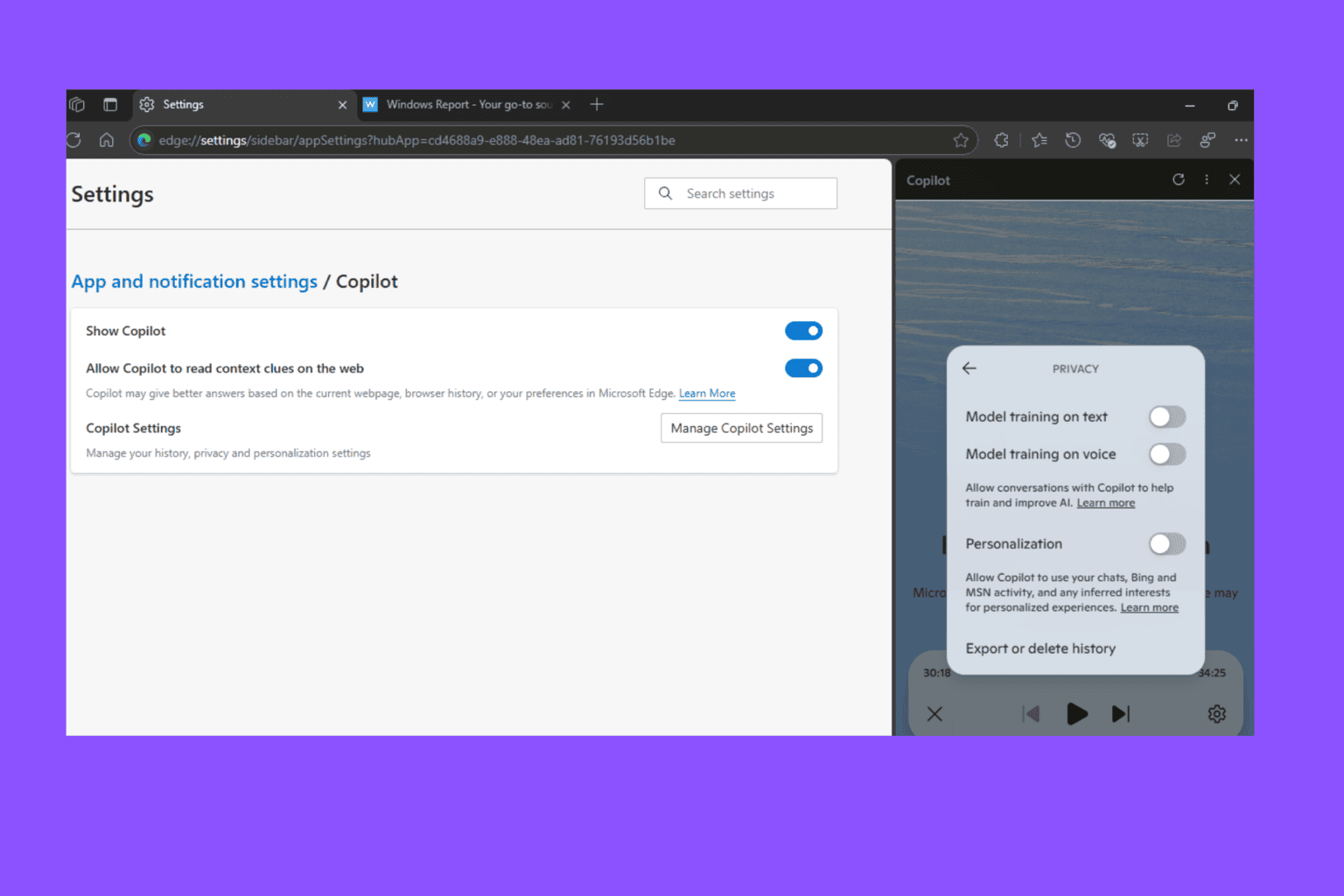
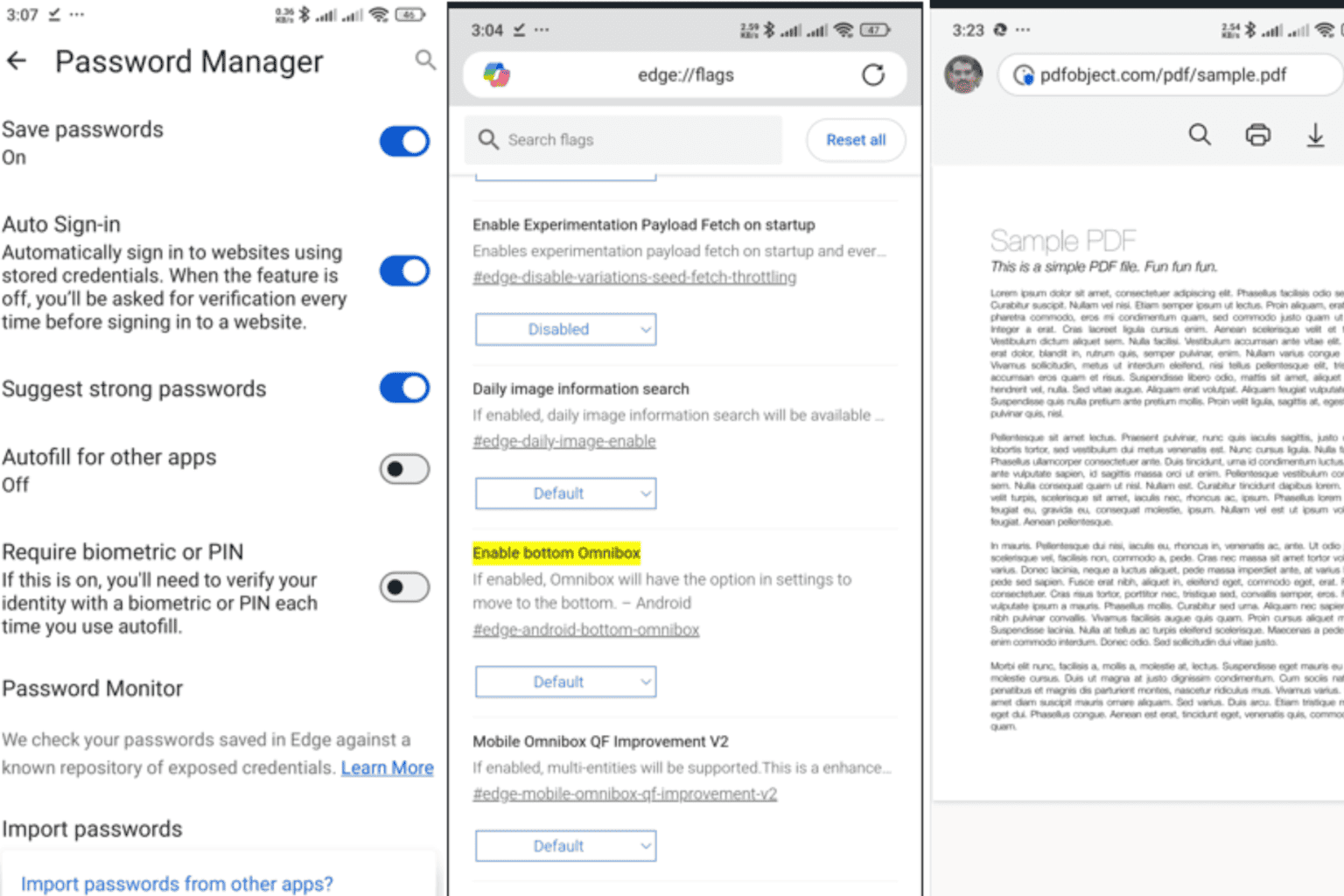
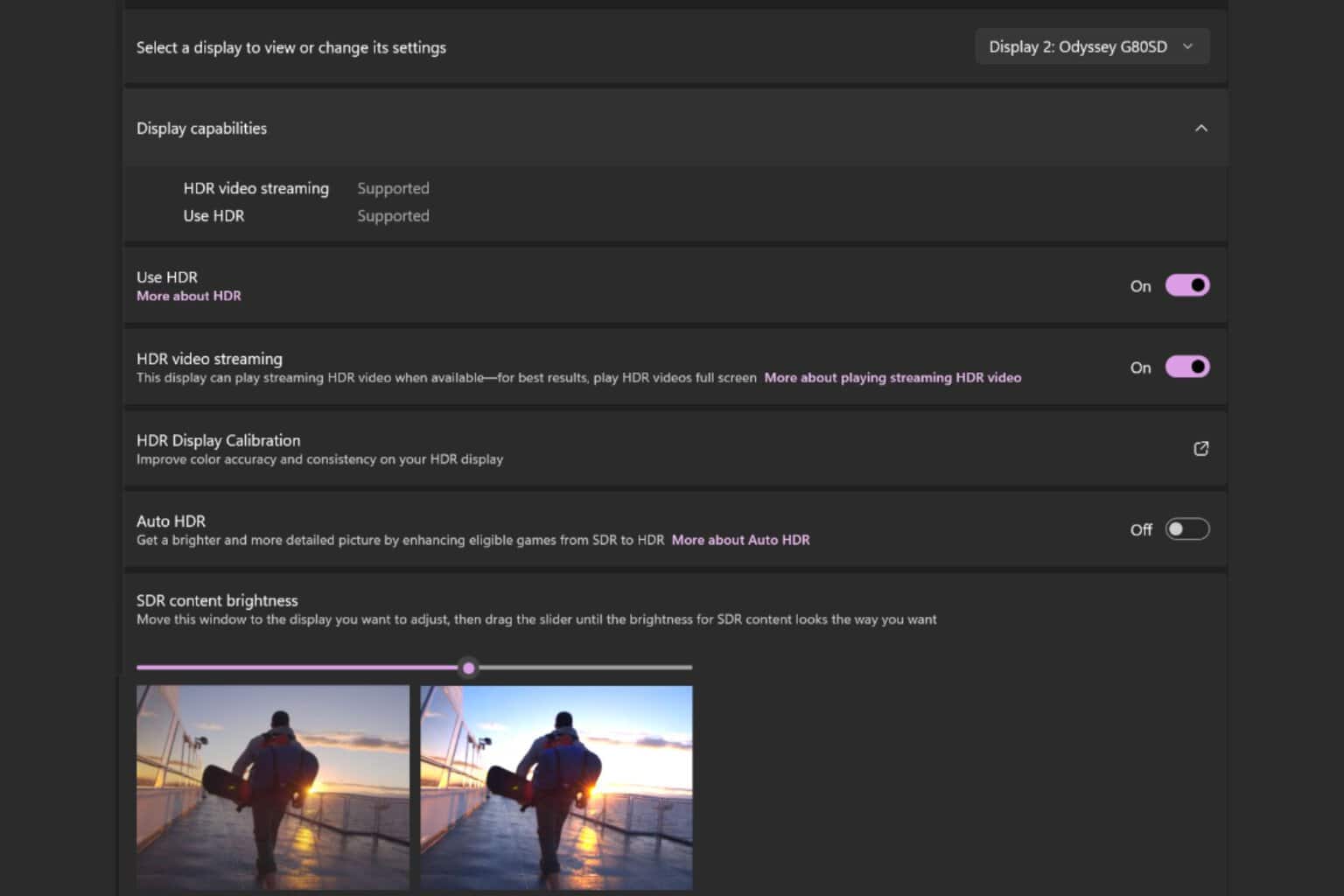
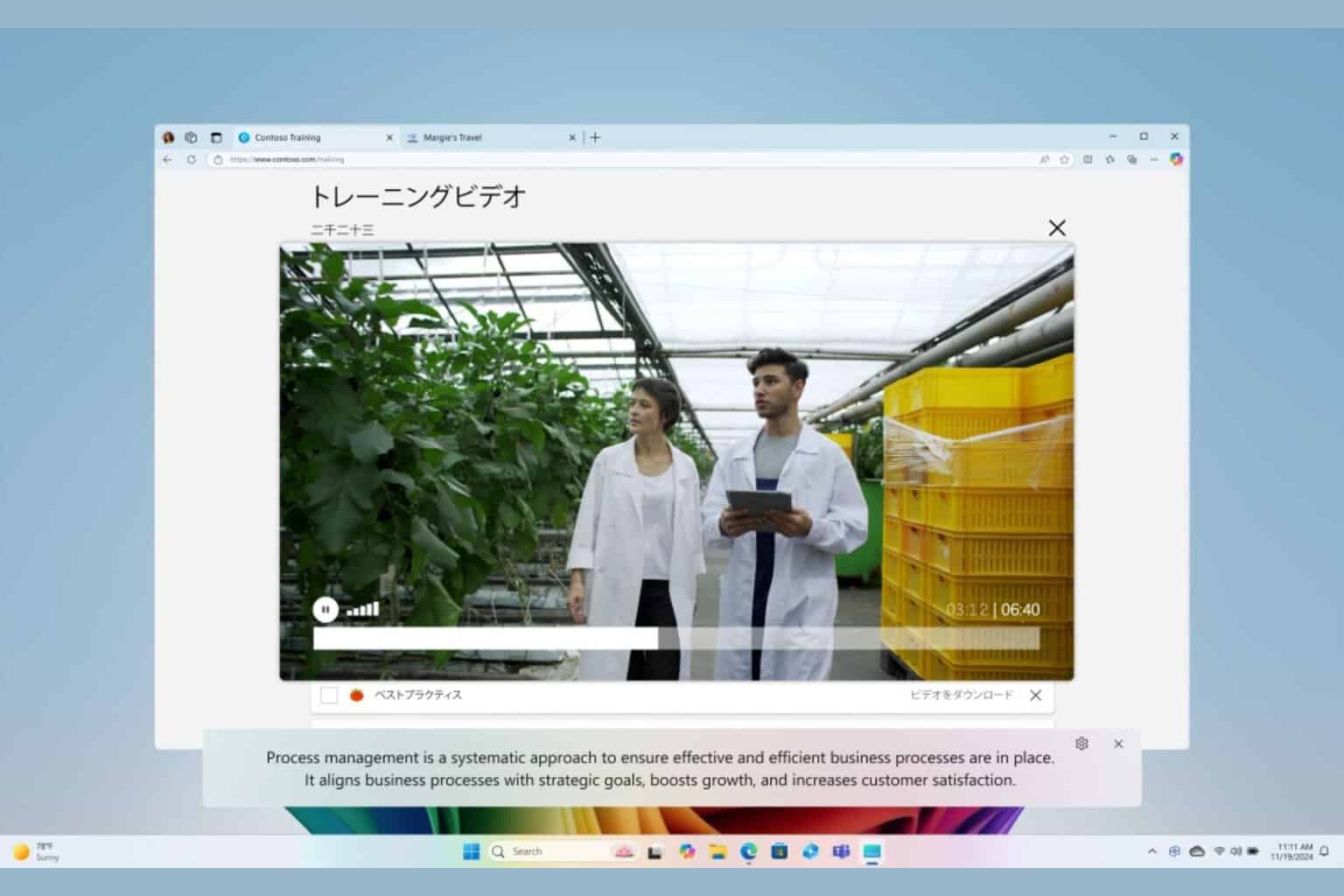
User forum
1 messages